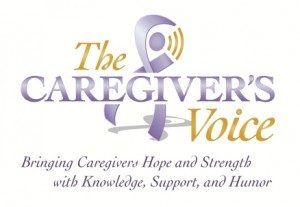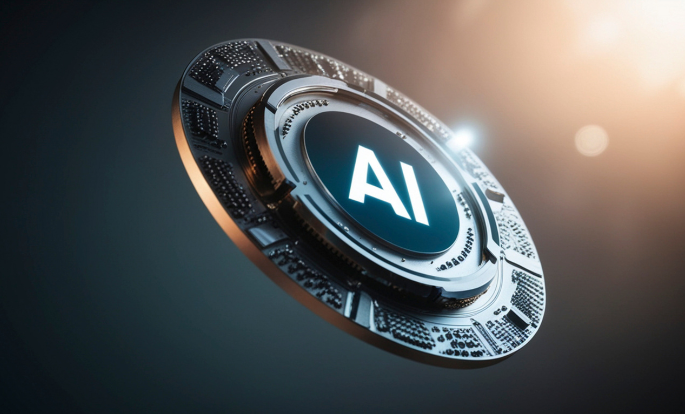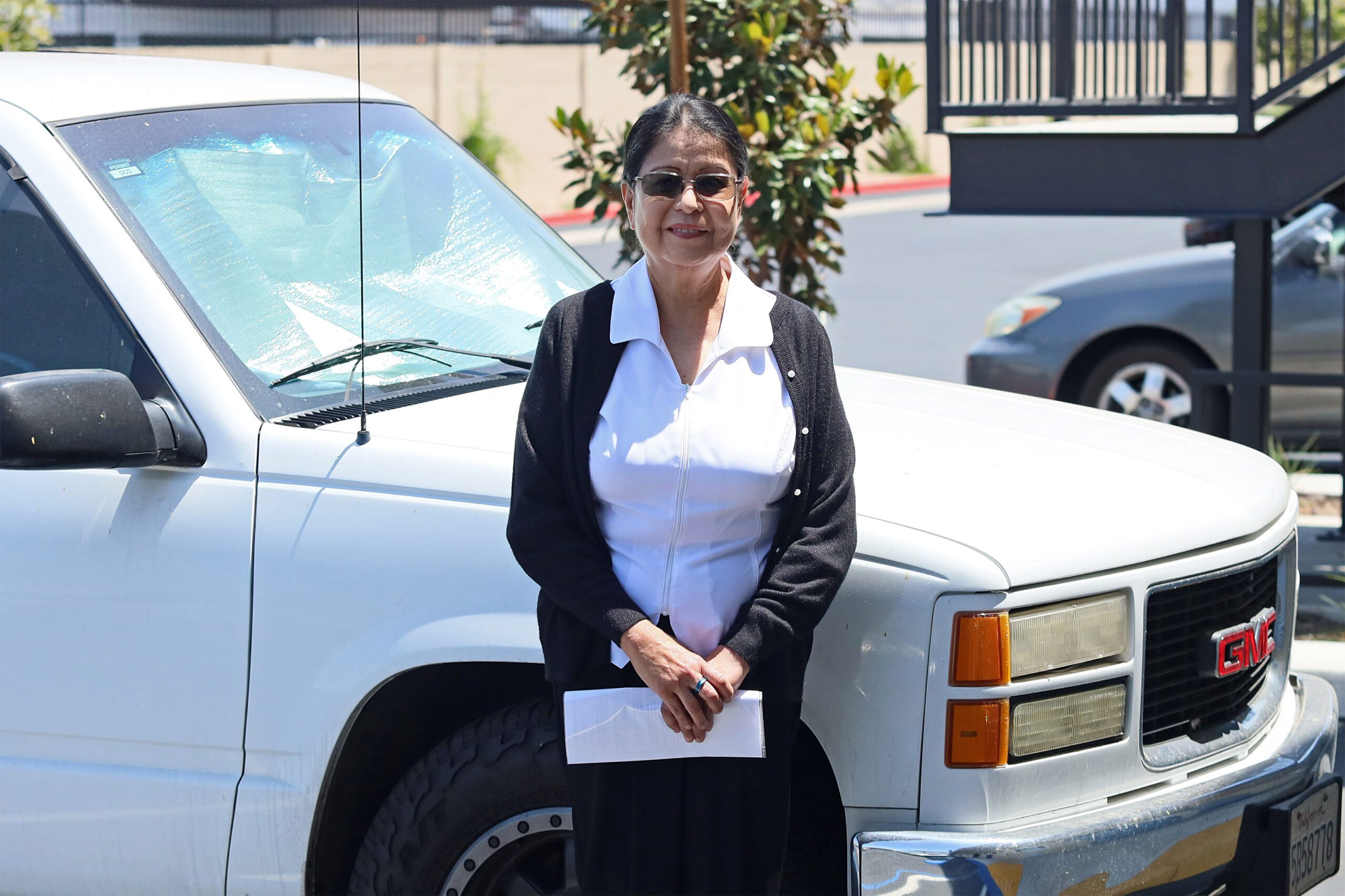“What we’ve shown for the first time is that parasites that come from animal poop or human poop on land – which are known to infect humans and animals – can actually stick to these plastics, and the concentration of parasites on the surfaces of the plastic is really quite substantial,” said Karen Shapiro at the University of California, Davis.
A new study shows that three particular parasites from human and animal feces can inhabit microplastics which usually flow into the sea.
Photo: YouTube/European ParliamentThese land parasites are:
- Toxoplasma gondii
- Cryptosporidium parvum
- Giardia enterica
Toxoplasma gondiican cause flu-like symptoms in humans like muscle aches and fatigue. This parasite has been associated with the demise of sea mammals like seals, dolphins, and sea otters.
On the other hand, both Cryptosporidium parvum and Giardia enterica cause digestive diseases that can be lethal to children and people with weak immunity.
 Photo: YouTube/European Parliament
Photo: YouTube/European Parliament The researchers created ‘plastispheres’ during their investigation, which were composed of microplastics from microbeads and microfibers that were soaked in seawater for fourteen days.
“The plastisphere forms a blanket of gooey, sticky material where things can physically get trapped, like how fly traps work,” explained Shapiro.
Afterwards, they put the plasticspheres into beakers containing plain seawater and seawater that was contaminated by each parasite.
After seven days, Shapiro and her colleagues found that the parasites in the seawater had stuck to the plastispheres. But the most surprising was that the parasites were a thousand more numerous on the microfibers compared to the seawater where they were initially placed.
 Photo: YouTube/European Parliament
Photo: YouTube/European Parliament According to Shapiro, they do not understand yet why the parasites were most attracted to microplastics from microfibers, but their findings showed that the world must really control plastic pollution and improve water treatment systems.
Mary Donohue at the University of Hawaii has a meaningful comment about the study. “The intersection of microplastics and three serious [parasites] in seawater should raise red flags for everyone from beachgoers to wildlife conservationists. Laboratory work is critical to understanding processes in a controlled environment, but ultimately investigation of the relationship of ocean plastics – of all sizes – and these diseases in real-world conditions will be needed.”
Provide Mammograms
Support those fighting Breast Cancer at The Breast Cancer Site for free! →
WhizzcoOriginal Article










